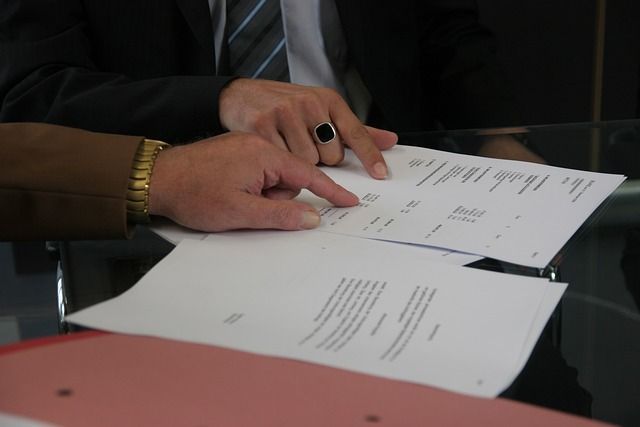Know Your Power: Unmasking Illegal Landlord Actions in Florida
Renting a home in Florida comes with the security of knowing the law protects you. While landlords have their own set of rights and responsibilities, the Sunshine State establishes clear boundaries they cannot cross. Instead of simply listing prohibitions, let's delve into how understanding these limits empowers you as a tenant and helps you recognize when your rights are being violated.
Think of your lease agreement and Florida law as a shield, protecting you from overreach. Landlords operating within the legal framework provide a stable and respectful housing environment. However, some actions are unequivocally illegal and should raise immediate red flags. Recognizing these can prevent stressful and potentially damaging situations.
Recognizing the Red Flags: What Florida Landlords Absolutely Cannot Do:
The Forced Move-Out
Imagine returning home to find your locks changed or your belongings on the curb. This "self-help" eviction is a blatant violation of Florida law. Landlords must go through the formal court process to legally evict a tenant. Any attempt to bypass this – be it through lockout, utility shut-off, or property removal – is illegal and could entitle you to significant compensation.
The Uninvited Guest
Your rental unit is your private sanctuary. While landlords may need access for legitimate reasons (repairs, maintenance, emergencies), they cannot treat it like a revolving door. Florida law generally requires reasonable advance notice before entry. Constant, unannounced visits erode your right to quiet enjoyment and are unacceptable. Understanding landlord entry laws is key to protecting your privacy.
Living in Disrepair
A landlord's responsibility extends beyond collecting rent. They are legally obligated to maintain a safe and habitable living environment. Ignoring essential repairs – think leaky roofs, broken plumbing, or lack of working heating – is a breach of their duty. While you have responsibilities as a tenant too, landlords cannot simply neglect necessary upkeep and leave you in substandard conditions. If your landlord isn't upholding their end, knowing how to get your landlord to make repairs is crucial for protecting your living space.
The Mid-Lease Rent Hike Surprise
A fixed-term lease provides stability, including a set rental rate for the duration. Unless specifically outlined in your lease, your landlord cannot suddenly increase your rent mid-term. For month-to-month agreements, they must provide proper written notice of any rent increase. Arbitrary or retaliatory rent hikes are illegal.
Silencing Your Rights
Have you reported a safety issue or joined a tenant association? Your landlord cannot retaliate against you for exercising your legal rights. Actions like raising rent, threatening eviction, or reducing services shortly after you assert your rights are strong indicators of illegal retaliation.
Discrimination at Your Doorstep
Housing discrimination based on race, religion, family status, disability, or other protected characteristics is not only unethical but also illegal under both federal and Florida law. Landlords cannot deny you housing or treat you differently based on these factors.
Playing Games with Your Deposit
Your security deposit is meant to cover legitimate damages beyond normal wear and tear. Landlords cannot invent charges or delay its return without providing a valid, itemized reason within the legally required timeframe for deposit return. Understanding the rules surrounding security deposits in Florida protects you from unfair deductions and helps you navigate the security deposit return process.
Empower Yourself: Know Your Rights and Seek Guidance
Being a knowledgeable tenant is your first line of defense. Understand your lease agreement and familiarize yourself with your Florida tenant rights under Florida law. If you encounter any of these "red flag" situations, don't hesitate to document everything and seek legal advice from a Florida tenant rights lawyer or an attorney specializing in eviction law. Protecting your rights is crucial, and legal professionals are there to guide you through the complexities of landlord-tenant disputes and eviction defense.
For further information on Florida Landlord-Tenant Law, please refer to Chapter 83 of the Florida Statutes.




